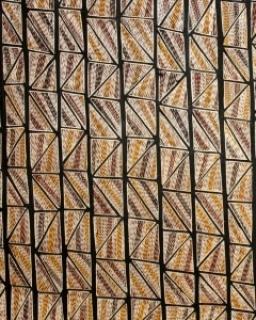
Abstract
This paper uses data from the Census of Population and Housing to examine trends in Indigenous partnering and fertility between 2006 and 2016. The proportion of Indigenous adults who are partnered (either married or living in a de facto relationship) fell during the period examined. There were particularly large declines in partnering among Indigenous people in their 20s, those with less than Year 12 education and the population living in remote areas. These decreases were large enough to negate increases in partnering rates resulting from increasing educational attainment. Fertility—measured by the average number of children born to Indigenous women—has also declined over the same period. There was a sharp fall in teenage motherhood, due to a combination of fewer young women leaving school before finishing Year 12 and a substantial reduction in the proportion of early school leavers having children. Over time, an increasing proportion of Indigenous women are postponing childbirth from their teens into their 20s and 30s. Similar percentages of women in their 40s and 50s have borne a child compared with their counterparts 10 years earlier. However, the falling average number of children suggests that postponing the birth of their first child leads to women having fewer children over their lifetimes. This pattern is particularly evident for highly-educated women. Increasing average educational attainment accounts for a large share of the decline in the average number of children born to Indigenous women in their 20s, 30s and 40s.
File attachments
| Attachment | Size |
|---|---|
| CAEPR%2520Census%2520Paper%252013%2520Partnering%2520and%2520fertility.pdf(1.8 MB) | 1.8 MB |